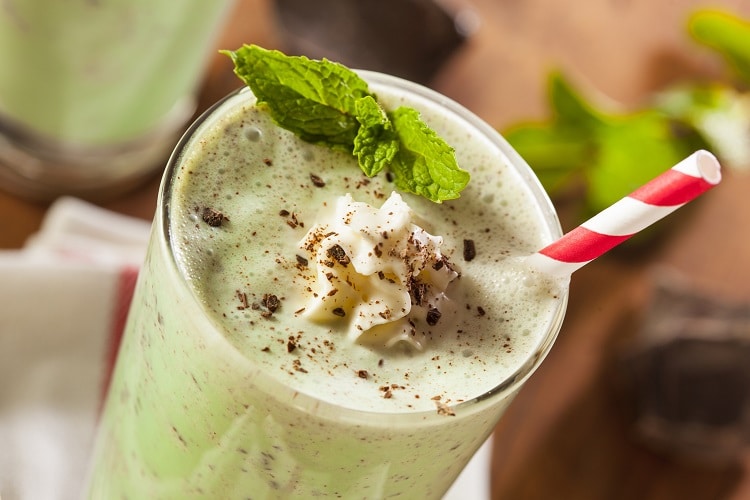Inflammation. What is it? What causes it? And why is it bad for me?
Inflammation is the body’s natural response to injury or infection. It can be either acute (short term) or chronic (long term) and typically occurs when the body attempts to heal itself after a sudden trauma such as a broken bone, burn, or infection. Over time, continued inflammation can cause serious damage to the body’s organs and other tissues. Conditions that can occur as a result of chronic inflammation include cardiovascular disease, diabetes, Celiac disease, arthritis, Crohn’s Disease, cancer, irritable bowel syndrome, and obesity, among others. Symptoms of chronic inflammation can include swelling/congestion, muscle and joint pain, infection, diarrhea, and in very bad cases organ failure.
So, why are we talking about inflammation on a food blog?
Well, research shows that inflammation can be prevented and managed through a healthy diet. A study by the American Journal of Clinical Nutrition found that the more anti-inflammatory foods like fruit, vegetables, legumes, fish, poultry, and whole grains that one ate the lower their plasma level of CRP, a protein found in the blood that rises in response to inflammation.
What foods are anti-inflammatory?
- Fruits and vegetables: Like we said above, fruits and vegetables are high in fiber which lowers CRP levels in the blood. They are also high in anti-inflammatory vitamins (such as vitamin A, B6, C, D, E, and K) and antioxidants which lower our levels of free radicals that contribute to chronic inflammation. The USDA recommends that adults eat at least 5 servings of colorful fruits and vegetables a day.
- Protein: Lean animal and plant based protein sources are the best anti-inflammatory protein sources. These include poultry, fish and seafood since they are are high in omega-3 fatty acids and plant sources such as soy foods like tofu, along with legumes, seeds, and nuts which are high in monounsaturated fatty acids (MUFAs).
- Whole grains: Whole grains are also high in fiber to prevent inflammation. These include foods such as oatmeal, brown rice, popcorn, and whole wheat breads and pastas.
- Spices and herbs: Ginger, garlic, turmeric, green tea, black pepper, curry, and cinnamon are also high in antioxidants. So don’t be afraid to season up your foods, these not only add flavor but they are good for you too!
- Fats and oils: Monounsaturated fatty acids are also found in avocados and olive oil and omega-3 fatty acids can be found in canola oil. So try switching to oil instead of butter when cooking your next meal.
What foods should I avoid?
- Research has found that foods normally used in the Western diet (a diet pattern high in processed foods, red meats, high-fat dairy products, fried foods, and refined grains) are positively associated with homocysteine and CRP levels which are linked to inflammation and disease. So, to keep inflammation to a minimum, avoid these types of foods and replace them with anti-inflammatory type foods.
The next time you go shopping try some of these foods which are considered to be some of the best anti-inflammatory foods:
- Salmon
- Extra virgin Olive Oil
- Blueberries
- Turmeric
- Garlic
- Green Tea
- Sweet Potatoes
Eat smart and stay healthy!!
This message brought to you by



